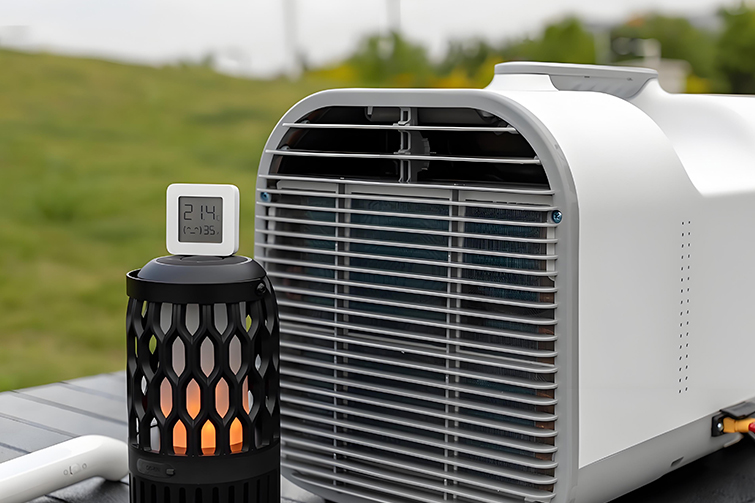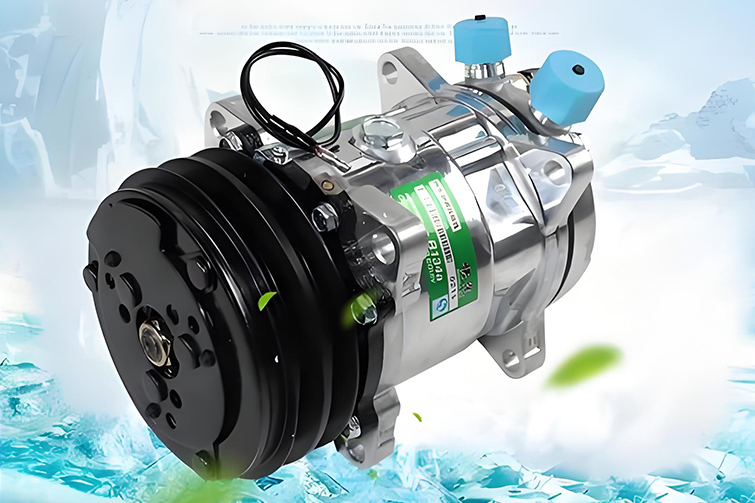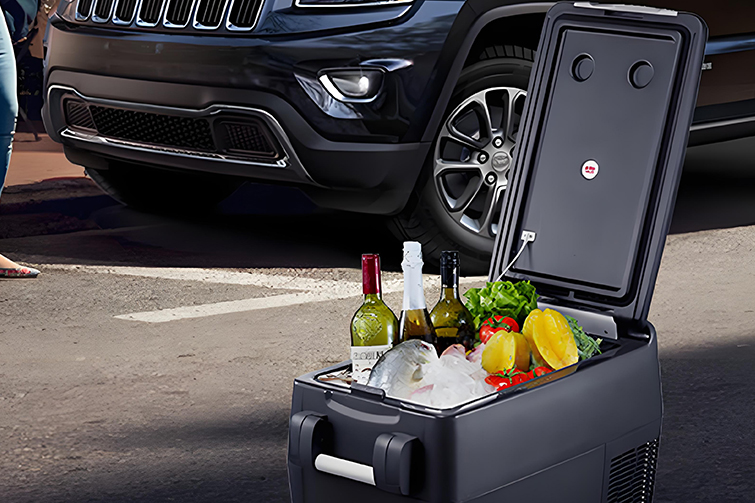

How to Choose an Automotive Air Conditioning Compressor?
The air conditioning (A/C) compressor is a crucial component in a vehicle’s cooling system, responsible for compressing and circulating refrigerant to maintain a comfortable temperature inside the car. Choosing the right A/C compressor is essential for ensuring efficient performance, durability, and compatibility with your vehicle. Here’s a guide to help you select the best automotive A/C compressor.
1. Understand the Different Types of A/C Compressors
There are several types of A/C compressors, and knowing which one suits your vehicle is the first step.
1.1 Reciprocating (Piston) Compressors
Uses pistons to compress refrigerant
Found in older and heavy-duty vehicles
Reliable but may consume more power
1.2 Rotary (Vane) Compressors
Uses rotating blades to compress refrigerant
More compact and efficient than piston compressors
Common in modern vehicles
1.3 Scroll Compressors
Uses two spiral-shaped scrolls for compression
Quieter, more efficient, and durable
Common in newer high-end vehicles
1.4 Variable Displacement Compressors
Adjusts the compression rate based on cooling demand
Improves fuel efficiency
Found in many modern cars
Tip: Always check your vehicle’s manufacturer specifications to determine the correct type.
2. Key Factors to Consider When Choosing an A/C Compressor
2.1 Compatibility with Your Vehicle
Ensure the compressor matches your car’s make, model, and year.
Check the OEM part number to avoid compatibility issues.
2.2 Quality and Brand Reputation
Choose reputable brands with good reviews.
Look for OEM (Original Equipment Manufacturer) or OE-quality aftermarket parts.
Avoid cheap, low-quality compressors that may fail quickly.
2.3 Material and Build Quality
High-quality aluminum and steel components ensure durability.
Avoid compressors with plastic or weak internal parts.
2.4 Cooling Performance and Efficiency
Ensure the compressor provides sufficient cooling for your climate.
Consider variable displacement models for better efficiency.
2.5 Noise and Vibration Levels
High-quality compressors operate quietly and smoothly.
Excessive noise may indicate poor manufacturing or internal damage.
2.6 Clutch vs. Clutchless Compressors
Clutch-type compressors use an electromagnetic clutch to engage and disengage.
Clutchless compressors operate continuously with variable displacement for better efficiency.
Check your car’s system to choose the correct type.
2.7 Warranty and Support
A longer warranty period indicates better reliability.
Look for brands that offer good customer support and return policies.
Buy from trusted sources – Avoid low-quality sellers with no warranty.
Replace related parts – When changing the compressor, also check the condenser, expansion valve, and refrigerant lines.
Use the correct refrigerant – Ensure compatibility with R-134a or R-1234yf refrigerants.
Regular maintenance – Keep your A/C system clean and free of leaks to extend compressor life.
Conclusion
Choosing the right automotive A/C compressor requires careful consideration of compatibility, quality, performance, and warranty. Always opt for a trusted brand and follow proper installation and maintenance practices to ensure long-lasting cooling efficiency.
Would you like recommendations on the best A/C compressor brands?





